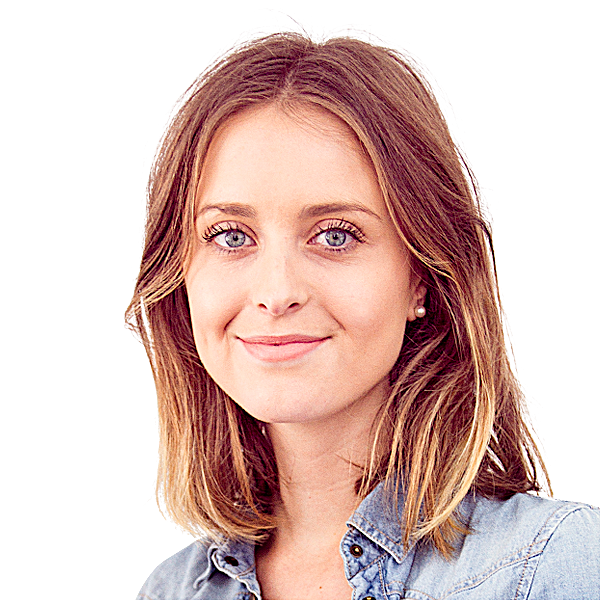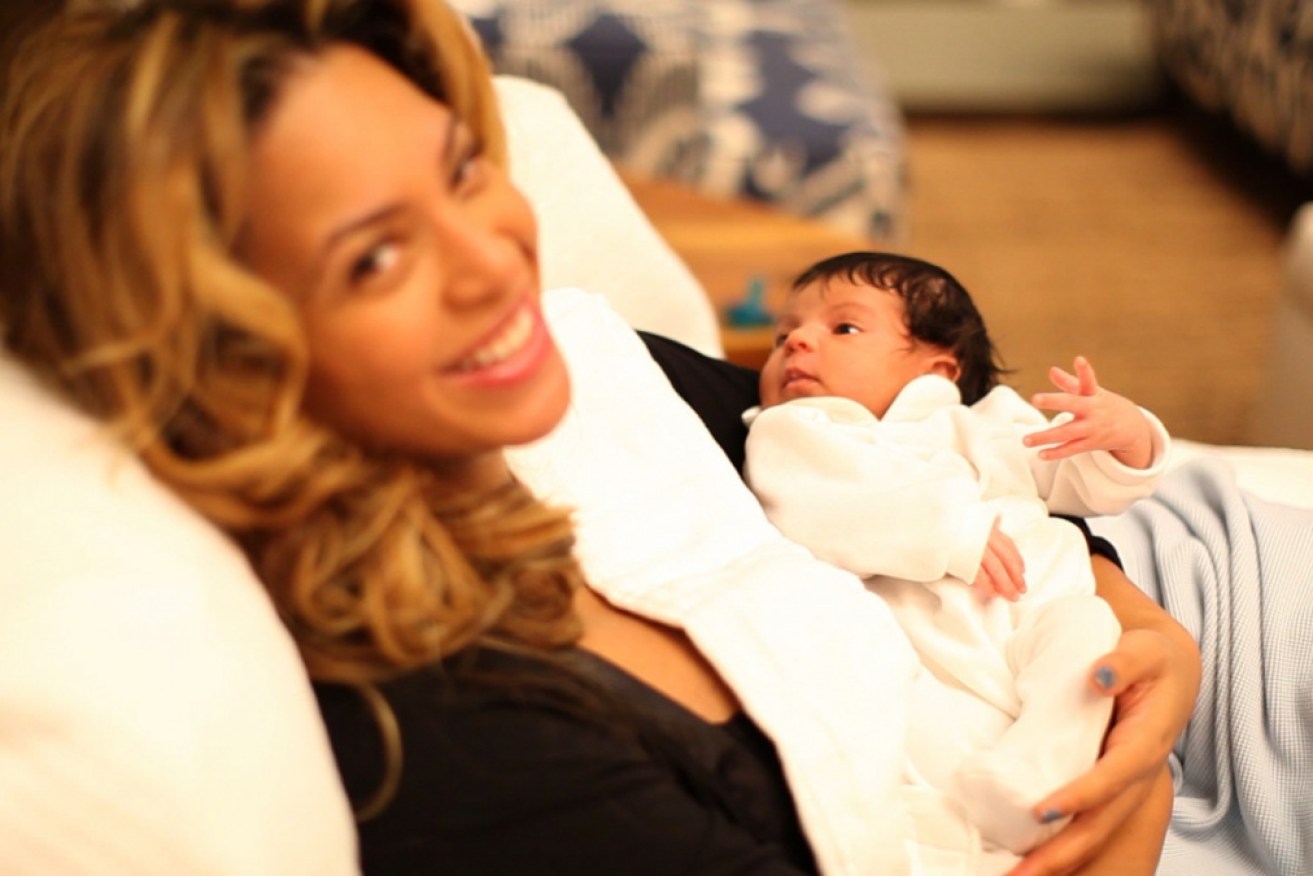Forget the dadbod, what about the mumbod?


iam.beyonce.tumblr.com
After 38-year-old Danielle from Sydney had her first baby, she found her body doing things she would never have predicted, or wanted.
With intense ice cream cravings, both Danielle and her husband gained weight eating “the flavours we didn’t even like” and hitting the freezer up to three times a day.
• Why the rise of the ‘dadbod’ is good for men
• Ten things no one tells you about having a baby
While Danielle’s husband now has the lusted-after “dadbod”, celebrated in the media this week, Danielle was left with some slightly less coveted qualities.
“I can’t laugh or sneeze without going to the toilet,” she says. “I think I left my pelvic floor in the labour ward!”
“Then you’ve got these massive, rock-hard, lumpy boobs and you wean and next thing they’re sitting near you waistline, just flopping. Like two mandarins in plastic bags.”
What’s more, Danielle’s wardrobe had to change due to her altered body shape.
“I’m certainly not as toned as I used to be, and I’m slightly more conservative,” she admits.
“I always had small hips and big boobs and then after my second baby I had to change the way I dressed because my hips got wider and my boobs got smaller.”

Jason Segel is the perfect example of a man with a dadbod.
In recent days, much has been made of the “dadbod” a kind of pseudo-chubby, comfortingly imperfect physique common amongst men in their 30s and 40s.
That’s all well and good. After all, for too long society has lusted after the washboard abs of heartthrobs like Zac Efron. It’s time we all took a step back and started to aim for something more attainable.
But the painful irony of the “dadbod” is that its obvious counterpart – “the mumbod” – is so widely detested it’s often covered up, glossed over or ignored entirely.
When actress Olivia Wilde honestly discussed pregnancy in an interview with Shape magazine last month, she made headlines.
Why? Because no one had really gone on record documenting the reality of popping a kid out and experiencing the aftermath.
“First of all, you haven’t seen your vagina in months, even though it’s all her fault you’re in this situation,” Wilde explained.
“Now that you can finally confirm that she is, in fact, still there, she isn’t the gal that you remember, and would rather you back off and give her some space (and an ice diaper) for the time being, thank you very much.”
The real talk continued, with Wilde admitting her love for pizza and beer, two things “not found in the purely fictional book I like to call How to Look Like You Never Made a Human: A Guide to Socially Acceptable Motherhood.”

Olivia Wilde proudly shows off her mumbod on the red carpet. Photo: Getty
Frankly, that interview alone should have been enough to kickstart the “mumbod” trend in itself.
Because, while men can be excellent fathers, providers, protectors, supporters and sidekicks, their bodies can’t do even one half of the cool stuff mumbods can do.
There’s the pure fact women carry another human around for nine months. Then, said human exits their body through the most intimate of areas. Then their boobs leak liquid for months.
They also get these things called stretch marks which can make even the most confident woman want to hide away in a heavily-guarded cabin in the woods.
And how are women rewarded for those super-human feats? With a barrage of idealised images of women like model Sarah Stage, who maintained her sculpted stomach throughout her entire pregnancy, then bounced back immediately.

Stage at eight months pregnant.
Kudos to Stage for her obvious commitment to fitness, but is this really what new mothers need to aspire to?
Instead, more women should be encouraged to share the harsh realities of having children in an attempt remove the stigma still attached to things like breastfeeding in public, excess skin, caesarean scars and incontinence.

The Instagram account Love Your Lines has 125,000 followers.
Just as social media hashtags like “#LoveYourLines” are encouraging women to share and celebrate their perfections, so too should men, women and media everywhere celebrate the post-baby body in all its glory.
The term “post-baby body” should no longer conjure up visions of juice cleanses and pilates, but rather feelings of admiration for the selflessness and commitment of mothers everywhere.
Let’s make the mumbod a thing, people.








